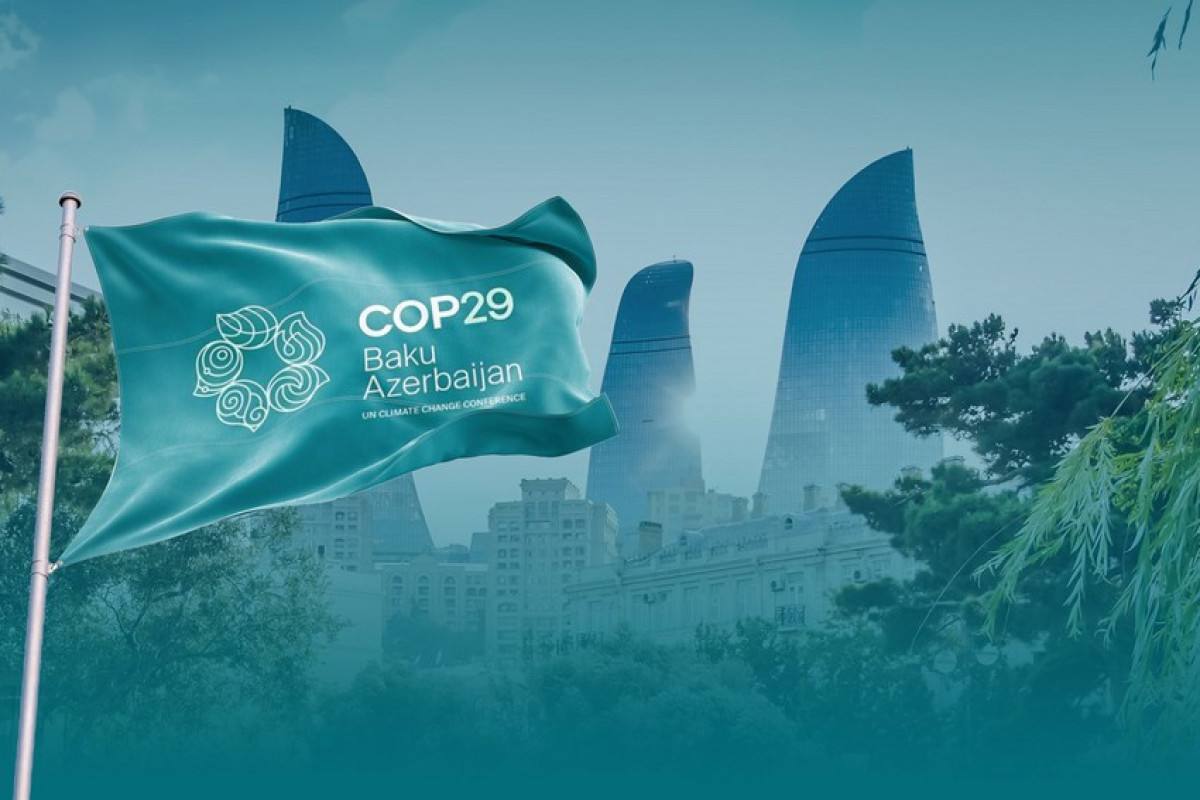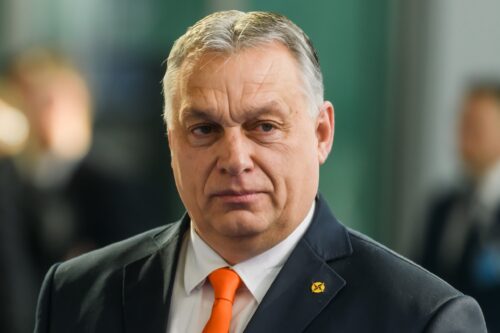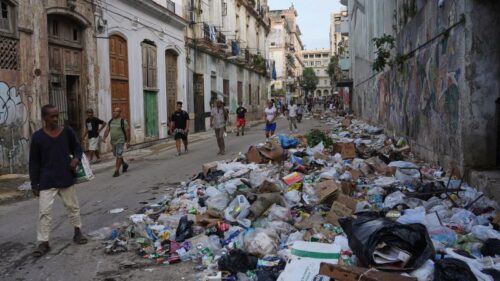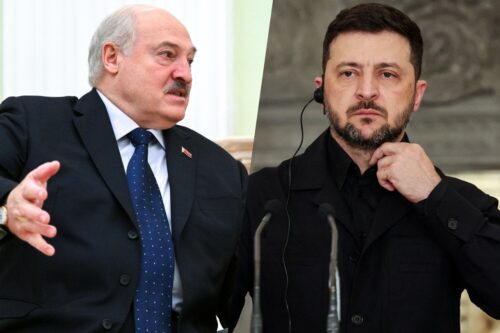
RFE/RL: COP to be held in Azerbaijan for brand-making purposes may have global consequences
As Azerbaijan prepares to host this month’s global climate summit, it is getting plenty of the attention it has sought. But as often happens when this oil-rich, authoritarian state is home to a high-profile international event, much of the publicity is bad, RFE/RL writes.
As noted, Baku surely expected it would get criticism from the likes of Amnesty International and Human Rights Watch (HRW) when it won its bid last year to host the 29th UN Climate Change Conference (COP29) on Nov. 11-22. It has also been taking flak within business and finance circles, however.
Unflattering pieces in the Financial Times and The Economist have accused it of using the COP-adjacent cred to deflect from its own “critically insufficient” climate plans, “launder” the reputation of authoritarian President Ilham Aliyev, and generally “greenwash” the regime, distracting from a poor human rights record and other faults.
The country has long regarded holding large-scale events as a path toward international prestige. The Azerbaijani government is drawn to such hosting opportunities for “brand-making purposes,” Najmin Kamilsoy, an analyst and doctoral candidate in public policy at Charles University in Prague, said.
At the same time, “the government is very sensitive to the negative attention of the international media ahead of the event.”
“I don’t think the government was fully aware that COP was not Formula One or Eurovision, that it had global implications,” Arzu Geybulla, an Azerbaijani journalist and co-author of a new report by the U.K.-based think tank Chatham House, said.
COP29’s Azerbaijani organizers are paying PR firm Teneo $4.7 million to manage publicity for the event. A Teneo filing under the U.S. Foreign Agents Registration Act shows hundreds of attempts to reach out to the press, with a clear emphasis on major English-language media.
One of the organizers’ key narratives about the conference is that it will be dedicated to “peace.” They have promoted the idea of a “COP Truce,” calling on warring parties around the world to suspend fighting for the duration of the event. Chatham House called the idea “incongruous” and “implausible” in light of Azerbaijan’s recent military offensive to retake Nagorno-Karabakh and its continuing pressure on neighboring Armenia. In its pushback against the bad press, Azerbaijani officials and pro-government media have relied on a well-established playbook, including blaming it on the global Armenian lobby.


